L&C Generates Economic Impact for Oregon and for Graduates
Lewis & Clark is one of 12 schools that generated an economic impact of $3.5 billion to the state of Oregon during fiscal year 2020-21. An average bachelor’s degree graduate from the same time period is expected to see annual earnings that are $35,700 higher than those of an Oregon high school graduate.
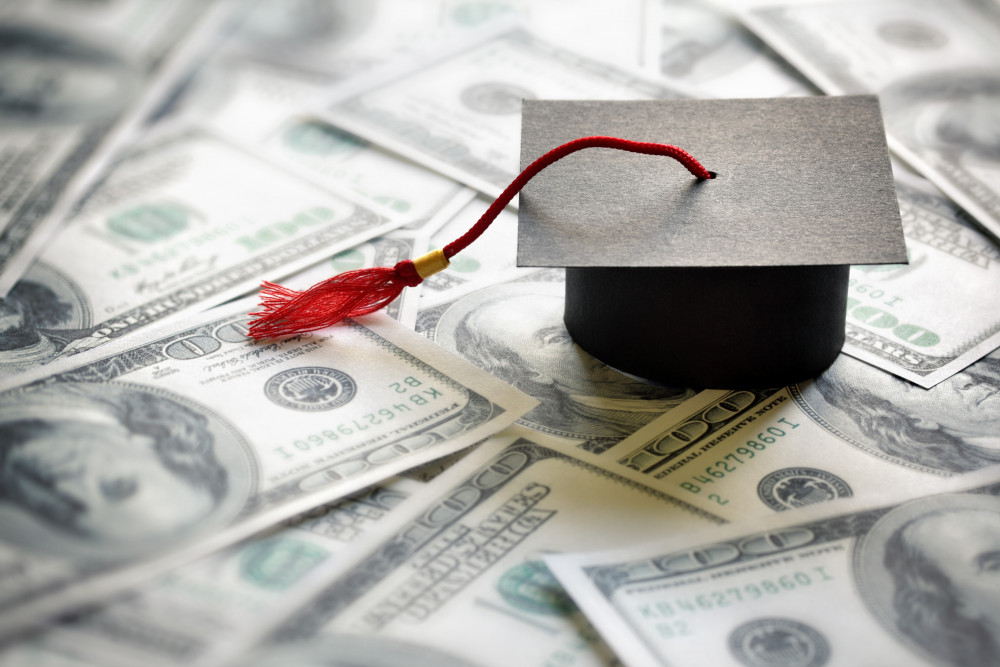
Lewis & Clark is one of 12 member schools of the Oregon Alliance of Independent Colleges & Universities (The Alliance) that helped generate an annual economic impact to the state of Oregon of $3.5 billion during fiscal year 2020–21, according to a new report by Lightcast.
In addition, the report noted that member institutions’ graduates will receive a stream of higher future earnings that will continue to grow throughout their working lives. For example, their average bachelor’s degree graduate from FY 2020–21 will see annual earnings that are $35,700 higher than a person with a high school diploma or equivalent working in Oregon. Over a working lifetime, the benefits of the bachelor’s degree over a high school diploma will amount to an undiscounted value of $1.5 million in higher earnings per graduate.

Credit: Nina Johnson“We know that Lewis & Clark’s programs and initiatives have a tremendous positive impact on our students and graduates, as well as on the city, region and state. It’s great to see it illustrated in hard numbers,” said Robin Holmes-Sullivan, president of Lewis & Clark. “To me, the report’s main takeaway is that Oregon’s private colleges and universities are a public good. Investing in higher ed pays major dividends for Oregonians.”
In FY 2020–21, Oregon invested $1.1 billion to support The Alliance member institutions. In turn, the Oregon economy will grow by $7.3 billion over the course of students’ working lives. Further report highlights include:
- A total impact on the Oregon economy of $3.5 billion in added income, which equates to 43,396 jobs supported. For perspective, the activities of the member institutions and their students support one out of every 59 jobs in Oregon.
- A cumulative present value of $3.1 billion in increased earnings over student’s working lives. This translates to a return of $3.50 in higher future earnings for every dollar students invest in their education.
- In total, taxpayers gain $929.4 million in added tax revenue and public sector savings.
- A net impact of $2.9 billion in added income from The Alliance’s former students currently employed in the state workforce.
- The expenditures of relocated and retained students added $114.1 million in income to the Oregon economy.
- Brought $26 million of added income to the state of Oregon through visitor spending impact.
In addition, the investment analysis revealed that for every $1 students gain $3.50 in lifetime earnings and society gains $6.90 in added income and social savings.

More Stories
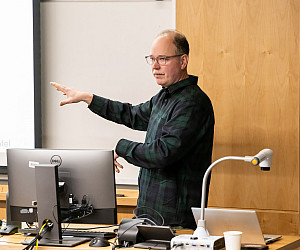
Hands-on Learning
Intel Workshop Gives Law Students a Front-Row Seat to Deal Strategy
Lewis & Clark Law School students gained hands-on experience in deal strategy and cross-functional collaboration during Intel’s Accelerating the Deal workshop, led by in-house counsel Trevor Jones and Elizabeth Borges.
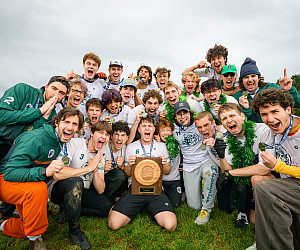
Historic Win
Bacchus Revels in First-Ever National Ultimate Frisbee Championship
In a dramatic 15-14 overtime victory, the Bacchus ultimate frisbee team triumphed over Middlebury, capturing their first national championship at the 2025 USA Ultimate D-III College Championships.
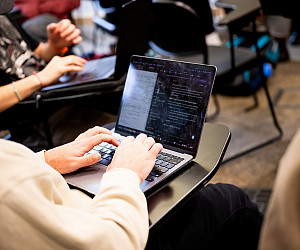
Hands-on Learning
OPB Features L&C Data Science Course
Visiting Assistant Professor Devin Fitzpatrick designed his new course, Data for Good, to challenge students to get their hands dirty—both in messy datasets and in the soil—through a partnership with the Portland-based nonprofit Growing Gardens.
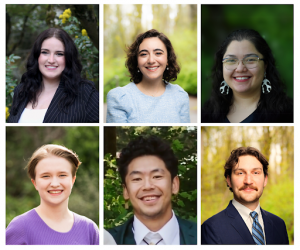
Community Engagement
Lezak Social Justice Fellows Continue Tradition of Service and Mentorship
The Lezak Social Justice Fellowship awards summer stipends to law students, motivating them to contribute to the Oregon community while offering them professional mentorship and support.
